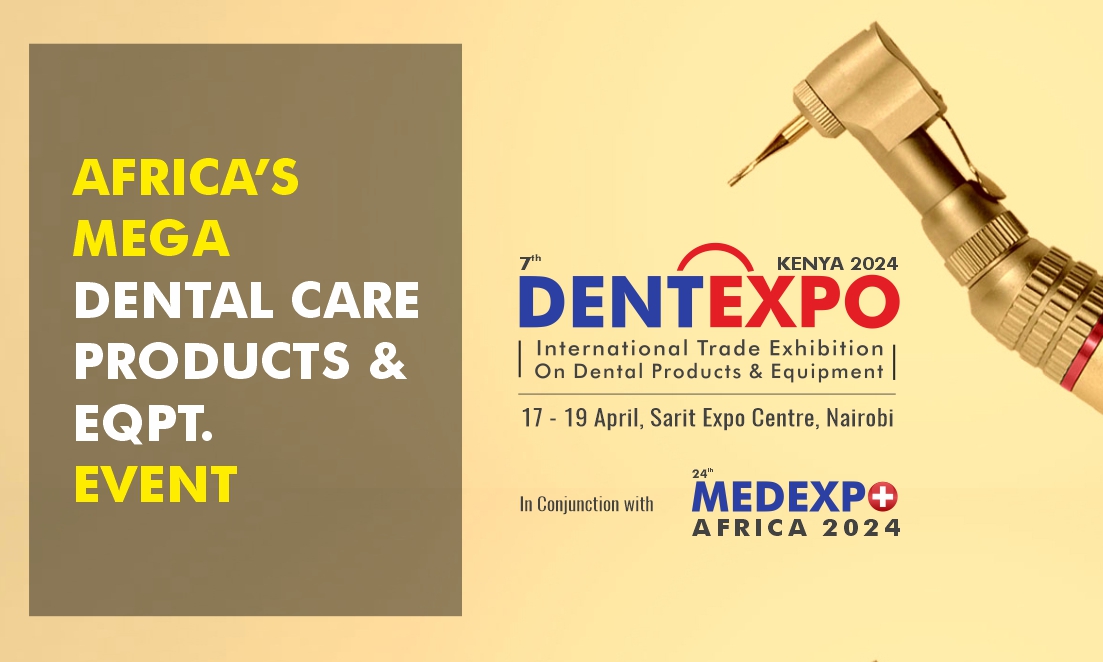

KNH to acquire advanced Tissue Typing Machine
Posted on :Monday , 22nd August 2016
Kenyatta National Hospital (KNH) is set to acquire a KSh30 million Tissue Typing Machine before the end of the year.
The machine which will be used to determine the genetic compatibility of the donor and recipient before carrying out transplants will save on costs used to take samples overseas for testing.
This breakthrough makes KNH the first and only facility in the country to obtain the advanced machine.
Although transplantation cannot take place until the genetic compatibility has been confirmed, capacity to conduct this preliminary test locally has been lacking with samples being taken to South Africa and India for advanced assessment.
The partnership involving the African Development Bank and the East African Community aims at setting up Centres of Excellence in Kenya, Uganda, Tanzania, Rwanda and Burundi.
Under the partnership a KSh3.674 billion East African Kidney Institute (EAKI) will be established in Kenya and the existing kidney transplant programme will be strengthened.
The equipment will be used for various forms of organ transplantation including kidney, heart, liver, bone marrow and eye transplants and will also aid the screening of cancer, Alzheimer’s disease, genetic testing, infectious diseases and autoimmune diseases.
According to the Principal Secretary for Health, Dr. Nicholas Muraguri the machine will save time and overall cost on treatment, since sending samples to South Africa and India costs an average KSh70,000.
It takes about three weeks before the results are released and if the test fails, another donor is sought and the exercise is repeated.
“Since the test is currently done outside Kenya, patients have to wait for some time before they get feedback.
Time wasting will therefore be avoided and speed in decision making will be enhanced,” said the PS.
The PS noted that a service contract will be signed between KNH and the supplier to ensure service is not interrupted and personnel will be trained on how to handle the equipment.
The establishment of EAKI is expected to increase the number of kidney specialists in Kenya through training. At the moment, there are only 15 nephrologists in the public health sector out of which five are stationed at KNH together with 50 nurses.
Although the construction of EAKI complex has not commenced, training is already ongoing at the University of Nairobi.
Courses on offer include: Masters in Urology, Masters of Medicine in Nephrology, Master of Science in Nursing, and Diploma in Nephrology Nursing.
Construction works will commence in July 2017 and completion is set for 2019. The complex will be constructed on a six acres of land within KNH grounds. The bed capacity is 160-bed and has four operating theatres, lecture rooms, laboratories and a pharmacy.
EAKI will serve about 150 million people who constitute the East African community and a Non Communicable Disease registry shall be established to help determine the kidney disease burden in the region.
Kenya has been chosen to host EAKI, Tanzania will host the region’s cardiovascular facility, Uganda an oncology centre, Rwanda an e-health centre and Burundi a nutrition centre.
Please Select an Option

Expogroup
Expogroup is a full service exhibition organiser with over 28 years experience in International trade exhibitions. Our current portfolio includes 28 annual exhibitions from a diverse range of industries being held across the Middle East & Africa.
EXPOGROUP © 1996 - 2025 | Privacy policy

